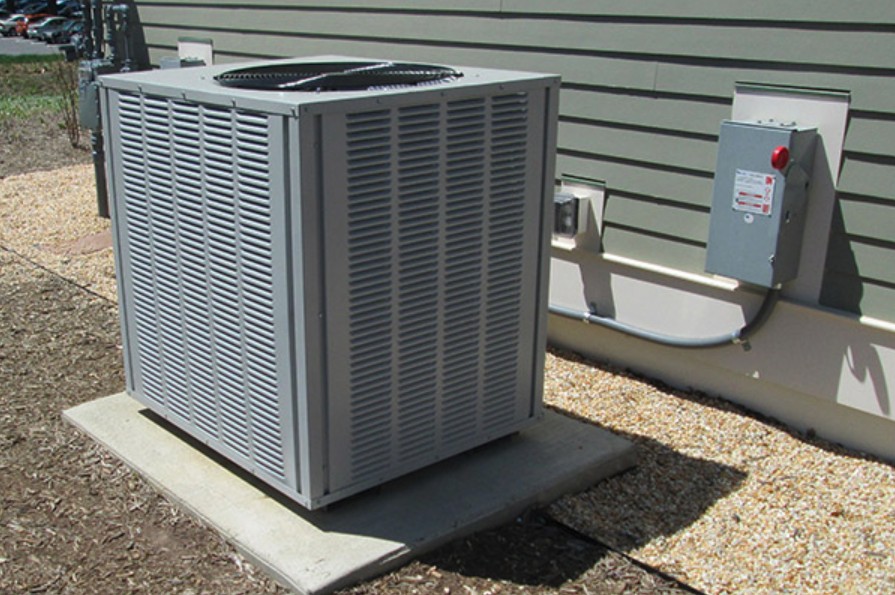When buying a home, you should keep several things in mind. This article will cover things like a mortgage pre-approval process, checking appliances, and choosing a realtor or real estate agent. Here are some of the most important things to consider:
Pre-approval process
The Pre-approval process when buying a house is important for both parties involved. While pre-approval does not guarantee a loan on a specific home, it does make it easier for the buyer to buy a house. This process involves reviewing a hypothetical home loan. Once the buyer has the loan pre-approved, the lender will focus on the specific details of the home purchase. If the buyer meets all the criteria, the lender will approve the loan.
The first step in the pre-approval process is identifying the amount of money you can afford to borrow. While this may not seem like a big deal, it can help to reduce the time it takes to close a home sale. This is especially important if you are purchasing a home for the first time. Having a pre-approval letter in hand can make your offer stand out from those of others.
Checking appliances
When buying a new house, there are many things to check. If you have not been checking appliances before, now is a great time to do so. Refrigerators and freezers should be inspected for leaks and proper cooling. You should also check for rusting on the inside, as it indicates a problem with moisture. Finally, gaskets and seals should be in good shape and sealed. Read this article for a tutorial on checking for leaks.
The last appliance to check is the dishwasher. Dishwashers are one of the most expensive appliances in a home, so you should spend a little extra time checking these. Be sure to test the door for ease of closing and to see if it drops easily. Check the exhaust vent and any water leaks. If the dryer has a timer, you can program it to run automatically and avoid having to unplug it.
Setting a budget
When buying a home, you need to set a budget that allows you to afford the home you want and still live within it. You may want to add a deck, install hardwood floors, or renovate your kitchen. Creating a home budget will help you stay on top of your expenses. If you follow the guidelines set forth, you will be able to afford the home and enjoy its many perks.
Your mortgage payment is only one of your expenses, as it will also include property taxes and insurance. You will also need to plan for new expenses, such as utilities and HOA fees. Make a budget with these new expenses, and practice assigning funds towards them each month. You can even use your YNAB software to help you set up these new expenses. Once you’ve made a budget that suits your needs, you can start planning your dream home!
Choosing a Realtor or real estate agent
While there are many advantages to using a Realtor when purchasing a home, you should always choose one who you enjoy working with. After all, you’ll be spending a lot of time with this person. You want to work with someone who understands your needs and who shares your values. Trust your instincts. If the realtor you’re considering doesn’t seem to understand your needs or your values, you might want to look for another agent.
When selecting a Realtor or real estate agent, make sure they are members of the National Association of Realtors. These members are bound by the NAR Code of Ethics, but that doesn’t mean they’re better than those who are not. You’ll need to weigh the benefits and disadvantages of working with a Realtor before you make a decision. In some cases, it may be more cost-effective to hire a non-member agent.
Negotiating a home purchase
When buying a home, you’re in a unique situation. While most people never negotiate the purchase of their home, real estate agents do every day. Lean on their experience to get the best deal possible. They’ll save you from the headache of negotiating the sale on your own. After all, they make a lot of money by representing buyers. So, don’t just ignore their advice when it comes to negotiating a home purchase; follow their tips and get the best deal possible.
– Know the market and local real estate trends. You should know how much comparable homes in the area are selling for, what the current market temperature is, and what sellers are willing to accept in order to move their house. You can also talk to neighbors and get the inside scoop on house prices in the neighborhood. This way, you can know if you’re getting a good deal or not. And, once you’re ready to negotiate, make sure you’re prepared.





